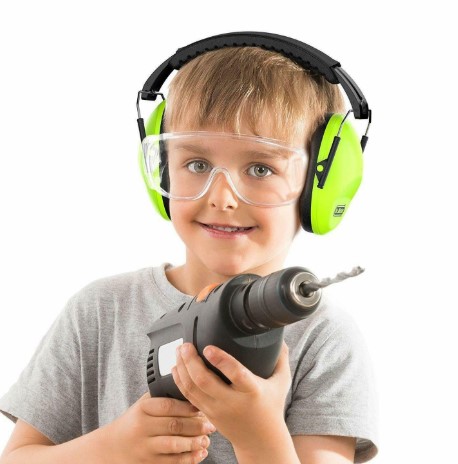5 DANGEROUS HOUSEHOLD SOUNDS
Which Household Sounds Pose a Threat to Your Hearing
In everyday life, we often encounter loud household appliances without considering the possible harm to our hearing. Even common devices such as vacuum cleaners, kitchen blenders, or washing machines can produce dangerous sounds, whose effects on the body accumulate gradually.
Household noise does not always feel unpleasant, but prolonged exposure can cause noise-induced hearing damage. Sudden and high-frequency sounds are especially dangerous, as the body cannot adapt quickly enough.
Sources of dangerous sounds at home include microwaves, electric hair dryers, lawn mowers, and other high-volume appliances. Even short but regular exposure to these sounds can cause discomfort and reduce hearing sensitivity.
It is important to understand that the threat comes not only from appliances but also from everyday situations — loud music, children’s screams, or neighbor renovations. By controlling noise levels and choosing safer devices, you can significantly reduce the risk of hearing damage.
Consequences of Exposure to Dangerous Sounds
Constant exposure to dangerous household sounds can seriously affect hearing and overall well-being. Even regular household noise can gradually impair hearing function, cause stress, and reduce sleep quality.
Major Risks of Household Noise for Hearing and General Health
The most common consequences of exposure to loud appliances and other dangerous sounds include:
-
Hearing loss — decreased ability to distinguish high and mid frequencies;
-
Noise-induced damage — irreversible damage to the hair cells in the inner ear;
-
Stress and irritability — chronic noise increases anxiety levels;
-
Sleep disturbances — noise interferes with proper rest;
-
Reduced concentration — impaired attention and productivity.
Additionally, prolonged noise exposure may increase blood pressure, cause headaches, and general fatigue. Timely hearing protection and regular check-ups help prevent serious problems.
How to Protect Your Hearing from Household Noise
Effective Methods to Reduce Noise Exposure
There are several ways to protect your hearing from dangerous sounds at home. One of the simplest and most accessible is using earplugs at home. They help reduce noise levels and prevent noise-induced hearing damage, especially during the operation of loud appliances.
It is also important to minimize appliance noise. Many modern devices have quiet modes, and placing them in separate rooms helps reduce harmful exposure.
Equally important is controlling your behavior: avoid prolonged exposure to loud sounds, schedule appliance use, and monitor music volume.
The Center for Hearing recommends regular hearing check-ups and consultations with specialists. Selecting a hearing aid at the first signs of hearing decline helps maintain quality of life and avoid serious health problems.

















